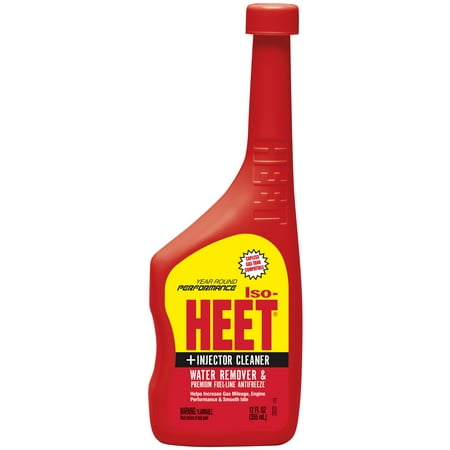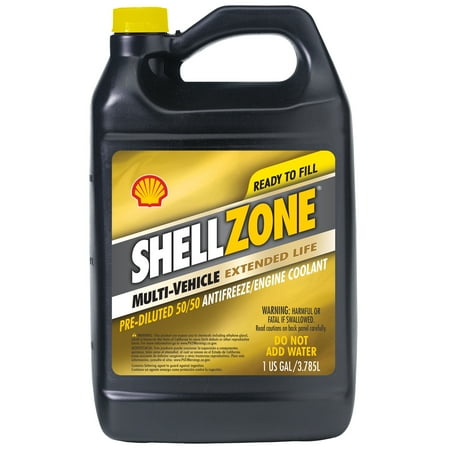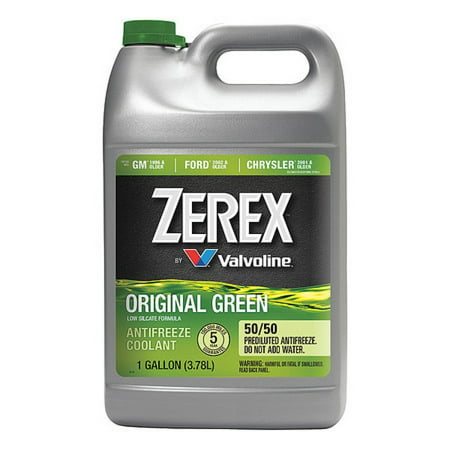Valvoline DEX/MERC Automatic Transmission Fluid – 1 Gallon
Valvoline™ DEX/MERC ATF is a high-quality transmission fluid formulated to meet the challenging demands of many automatic transmissions. Its responsive low-temperature fluidity is beneficial in both electronic and hydraulic controlled transmissions and transaxles. Recommended for use in the following applications: MERCON*, DEXRON*-III, Ford M2C138-CJ and M2C166-H, Allison C-4 and TES-389, and Caterpillar TO-2.




Valvoline™ DEX/MERC Automatic Transmission Fluid – 1 Gallon:Formulated with premium base stocks and advanced additive technology to meet the challenging demands of automatic transmissionsEnhanced anti-shudder protection for smooth shifting and maximum power transferDeveloped with anti-wear technology to help improve transmission durability Engineered with a proprietary blend of base oils and advanced additives to provide better oil flow at low temperatures and greater film protection at higher temperatures





Reviews
There are no reviews yet.